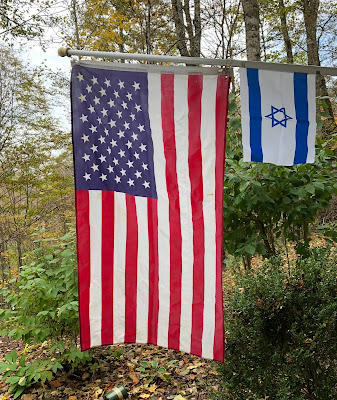December 16, 1773. Sons of Liberty protested unfair taxes imposed by the British .gov in the Tea Act of 1773. Armed renegades, many of them disguised as indigenous natives, destroyed an entire shipment of tea by dumping the tea kegs in Boston Harbor.
As days turned into weeks, months and years, revolution-minded Colonials wrangled their upstart rage into a Revolution.
227 years pass.
May 26, 2020. Citizens of Minneapolis gathered in the dusk hours to protest the police asphyxiation of unarmed local resident, George Floyd.
As news of the gentle giant’s death was reported nationally through mainstream and social media, widespread protests were rapidly organized in cities across the USA. Irate Americans, many of them masked as Covid-resisters, marched through streets all across the continent and beyond.
As days turned into weeks, a viral-video of Big Floyd’s cop-inflicted murder propelled thousands of Americans to become more and more infuriated. They marched in vehement protest against the obvious injustice of Officer Derek Chauvin’s smothering his gently-pleading victim.
As protesters gathered across the nation, their intentions became more difficult for police and other law enforcement personnel to identify. Joined by multiple interests groups and, in some cases, extremist instigators, protestors in some places descended into rioting and looting. Unpredictable crowds became unmanageable in some cities.
Law enforcement officers across the nation faced very difficult decisions. Protecting private property and restoring law and order became no easy matter, no walk in the park, and certainly no walk in Lafayette Park.
In the midst of nationwide mayhem, the chief executiive expressed adamant resolve to protect private property, while voicing no sympathy for the deceased citizen whose unjust death had sparked the protests. Our temporary chief executive demonstrated no awareness of the injustice in that original offense—the murder of an innocent American.
Rather, he seemed preoccupied with using the news development to foment political division among his people in pursuance of his own obsession with power.
Lines of ideological and political association became blurred in the fog of teargas and an insidious fog of class war.
As public law and order deteriorated, the President’s stubborn insensitivity silently implied his approval of police overreaction, as law enforcers were convincing themselves further and further that protection of private property would be their highest property.
“Don’t tread on me,” enraged American Colonials had said after the Tea Party ignited their wrath in 1773.
“Don’t tread on me,” enraged Americans are saying now, after one lethal-weapon knee treading on George Floyd’s lifeless neck.
In American history, the upstarts who instigated the Boston Tea Party are lionized as heroes.
They were mad about taxes, so they destroyed British property.
In our third century as a nation, enraged protesters have regrettably provoked some destructive overreaction.
They were mad about the murder of their brethren; then some property got destroyed along the way.
Will the judgements of history render our present dissidents as heroes?
Or will the dissidents of 2020 go down as rioting looters?
I tell you what. When I get to heaven, I’m going to ask those Boston TeaParty protesters what they think about it.
Which is the greater offense to spark protest in a free society—Unfair Taxes by King, or Murder by Cop?
And just how pertinent is some lunatic-fringe looting when compared to the ongoing crime. . . killing of American citizens ( George Floyd, Brionna Taylor, Ahmed Arbery, Michael Brown, Eric Garner, Freddie Gray . . . Emmett Till, Dread Scott, 3/5ths of a person here, 3/5 of a person there . . .) killing by their own appointed protectors?





